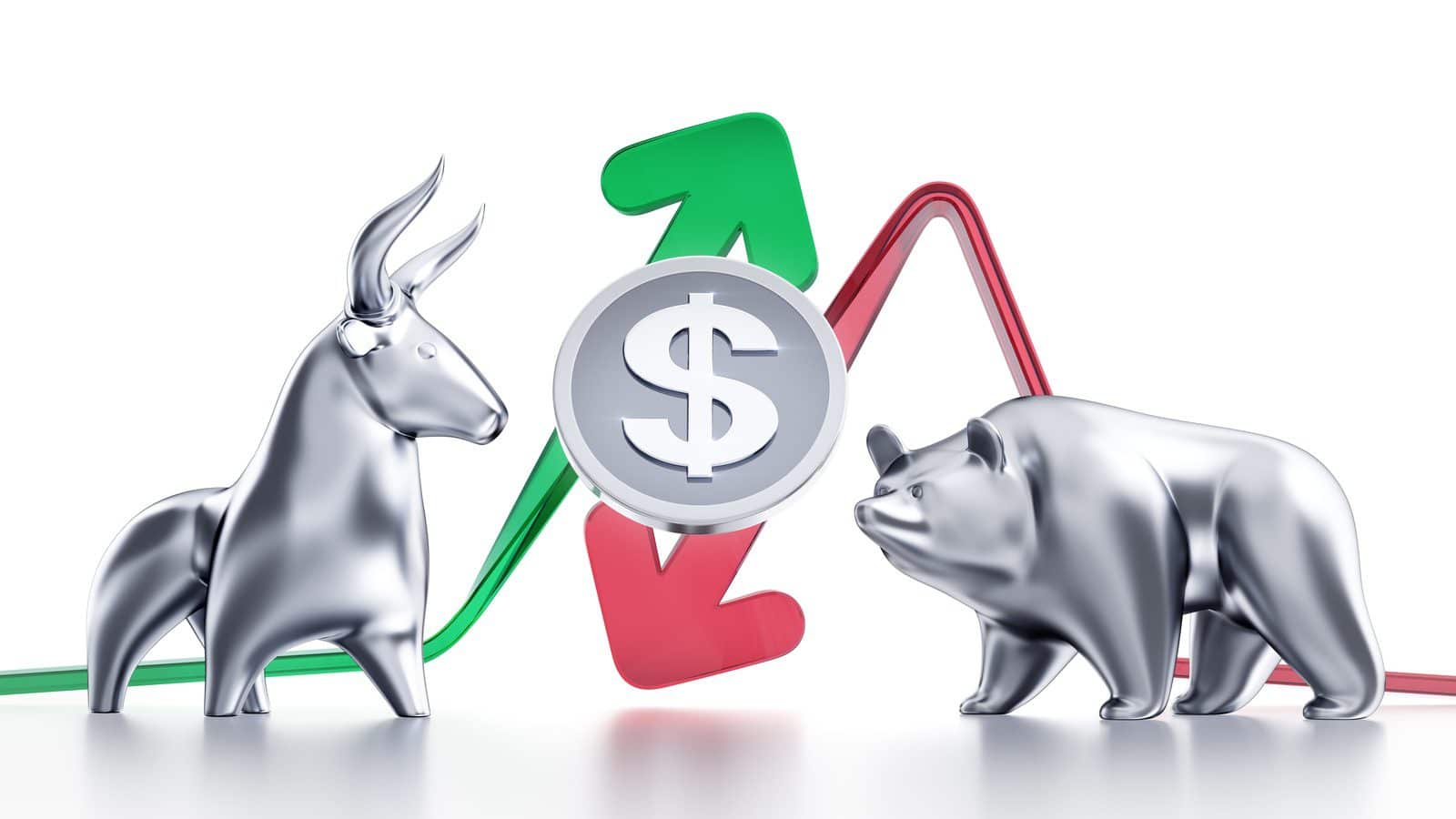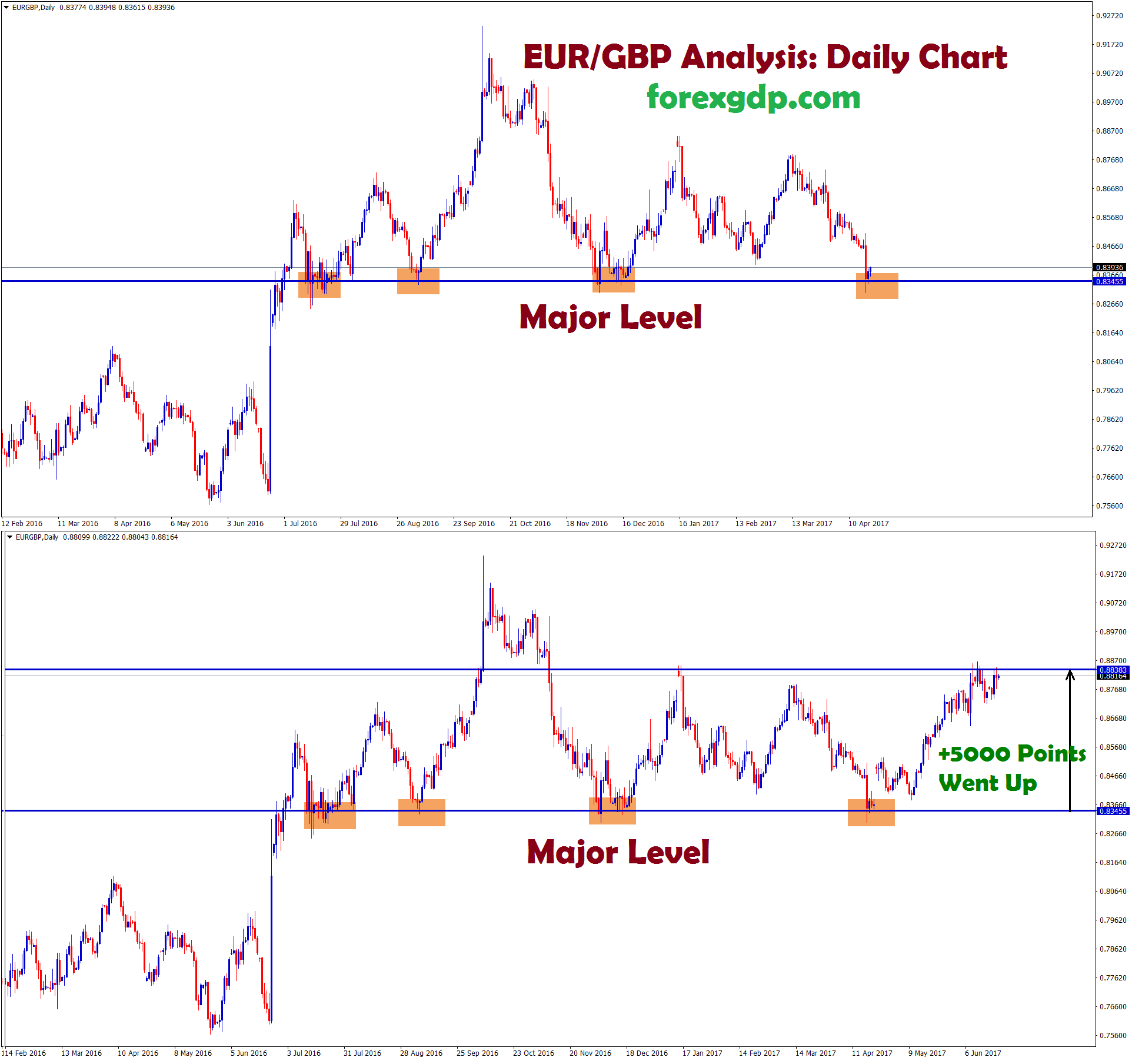Here are probably the most widely recognized terms utilized as a part of the FOREX trading glossary.
- Ask Price – Sometimes called the Offer Price, this is the business sector cost for brokers to purchase coinage. Ask Prices are appeared on the right half of a quote – e.g. EUR/USD 1.1965/68 – implies that one euro can be purchased for 1.1968 UD dollars.
- Bar Chart – A kind of graph utilized as a part of Technical Analysis. Every time division on the graph is shown as a vertical bar which demonstrate the accompanying data – the highest point of the bar is the high value, the base of the bar is the low value, the level line on the left of the bar demonstrates the opening cost and the flat line on the privilege of bar demonstrates the end cost.
- Base Currency – is the first coin in a cash pair. A quote shows how much the base coin is worth in the quote (second) money. For instance, in the quote – USD/JPY 112.13 – US dollars are the base coin, with 1 US dollar being worth 112.13 Japanese yen.
- Offer Price – is the value a broker can offer monetary standards. The Bid Price is appeared on the left half of a quote – e.g. EUR/USD 1.1965/68 – implies that one euro can be sold for 1.1965 UD dollars.
- Offer/Ask Spread – is the distinction between the offer cost and the ask cost in any cash citation. The spread speaks to the agent’s charge, and shifts from representative to intermediary.
- Dealer – the mediator in the middle of purchaser and merchant. Most FOREX agents are connected with substantial monetary foundations and procure cash by setting a spread in the middle of offer and ask costs.
- Candle Chart – A sort of diagram utilized as a part of Technical Analysis. Every time division on the outline is shown as a candle – a red or green vertical bar with augmentations above and underneath the candle body. The highest point of the augmentation demonstrates the most elevated cost for the graph division and the base of the expansion demonstrates the least cost. Red candles demonstrate a lower shutting cost than opening value, and green candles show the cost is rising.
- Cross Currency – A money combine that does exclude US dollars – e.g. EUR/GBP.
- Cash Pair – Two monetary standards included in a FOREX exchange – e.g. EUR/USD.
- Monetary Indicator – A factual report issued by governments or scholastic organizations showing financial conditions inside of a nation.
- To start with In First Out (FIFO) – alludes to the request open requests are exchanged. The main requests to be sold are the first that were opened.
- Outside Exchange (FOREX, FX) – Simultaneously purchasing one cash and offering another.
- Essential Analysis – Analysis of political and monetary conditions that can influence money costs.
- Influence or Margin – The proportion of the estimation of an exchange to the required store. A typical edge for FOREX trading is 100:1 – you can exchange coin worth 100 times the measure of your store.
- Cutoff Order – A request to purchase or offer when the cost achieves a predetermined level.
- Part – The extent of a FOREX exchange. Standard parts are worth around 100,000 US dollars.
- Real Currency – The euro, German mark, Swiss franc, British pound, and the Japanese yen are the significant monetary standards.
- Minor Currency – The Canadian dollar, the Australian dollar, and the New Zealand dollar are the minor monetary standards.
- One Cancels the Other (OCO) – Two requests set at the same time with guidelines to drop the second request on execution of the first.
- Vacant Position – A dynamic exchange that has not been shut.
- Pips or Points – The littlest unit a money can be exchanged.
- Cite Currency – The second money in a coin pair. In the coin pair USD/EUR the euro is the quote money.
- Rollover – Extending the settlement time of spot arrangements to the present conveyance date. The expense of rollover is figured utilizing swap focuses taking into account financing cost differentials.
- Specialized Analysis – Analysis of recorded business sector information to anticipate future developments in the business sector.
- Tick – The base change in cost.
- Exchange Cost – The expense of a FOREX exchange – commonly the spread in the middle of offer and ask costs.
- Volatility – A statistical measure indicating the tendency of sharp price movements within a period of time.
Final Verdict on Forex Trading Glossary
If you like to receive the best forex signals at good trade setup, you can Try free forex signals. (or) if you need additional important trade signals with high accuracy, Join now in Supreme or Premium forex signals plan.
If you want to learn trading from 20+ years expert traders, Join forex trading course online now.
Thank you.





